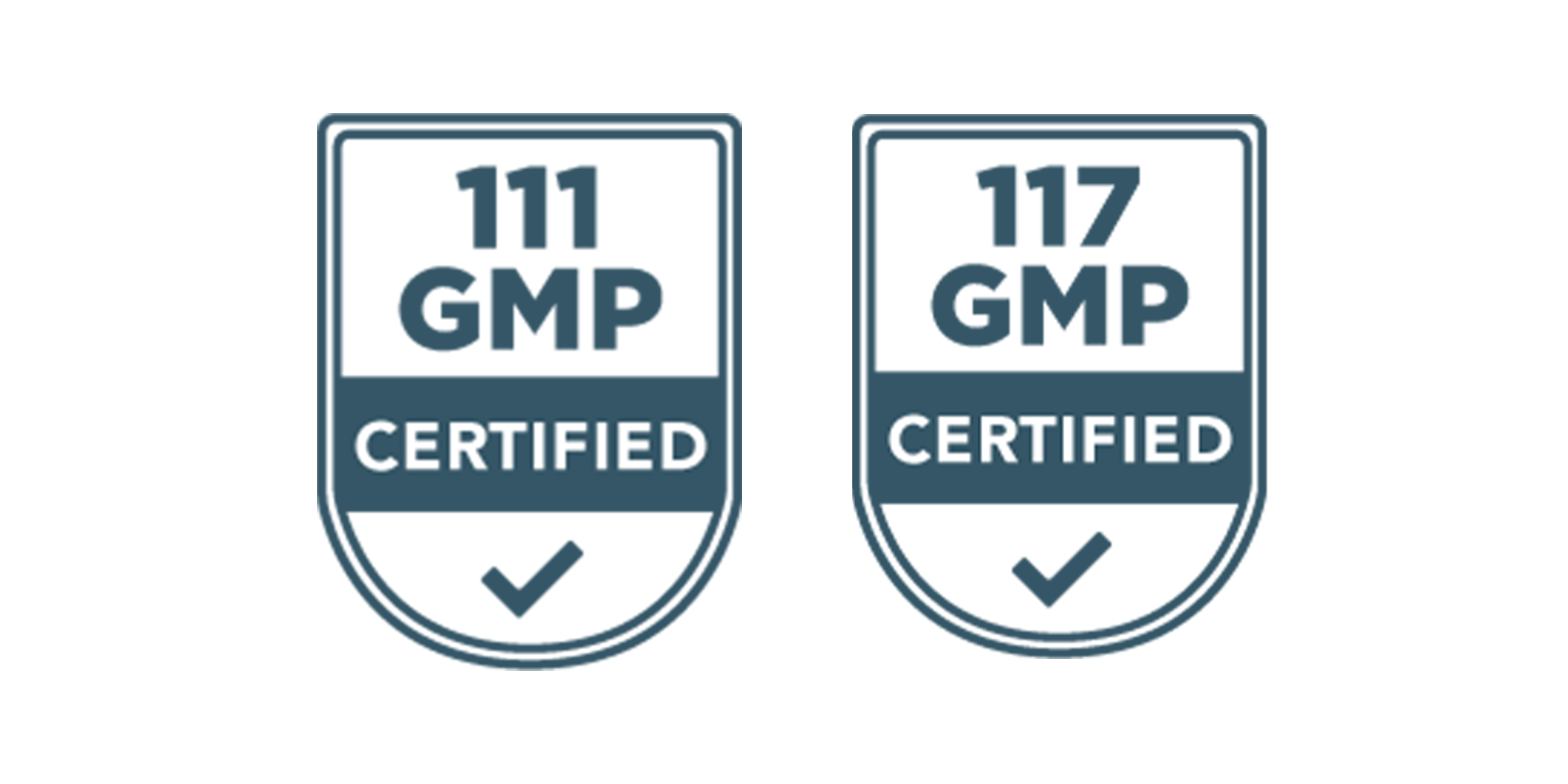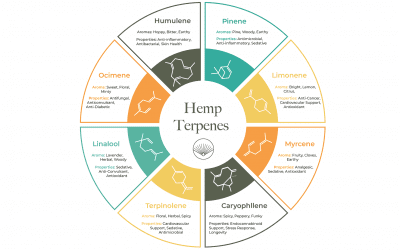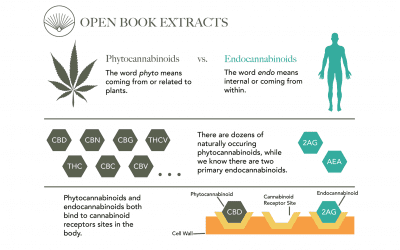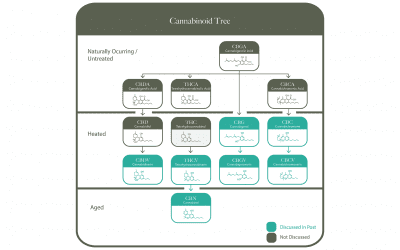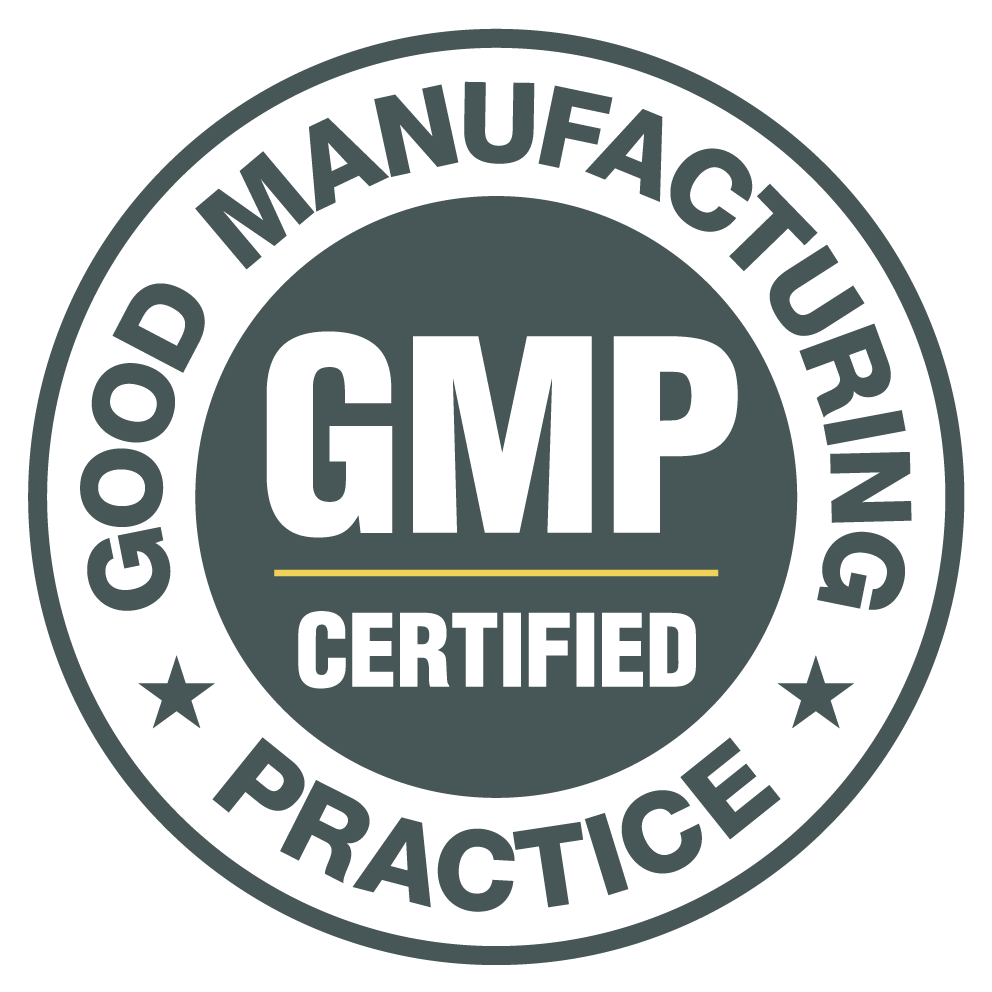
cGMP & CBD:
This past week, Open Book Extracts received our cGMP certification. Having operated in compliance with the cGMP standards for the past 6 months, OBX received an “Excellent” audit rating and became certified for both Dietary Supplements and Human Food.
While this milestone for our organization was something we have prepared for since our inception, we want to share with you what exactly cGMP certifications are and why they’re important within our infant industry.
Why Current Good Manufacturing Practices Matter in the CBD Industry
Good Manufacturing Practices (GMPs) are key regulatory measures that ensure the quality of foods, drugs, and supplements. In the United States, these standards are enforced by the Food and Drug Administration (FDA), and are used to protect consumer health.
In recent years, consumer demand has caused a spike in the production of CBD products. Unfortunately, many of these new products may violate FDA standards and endanger consumer health. In this emerging industry, GMP certified manufacturers offer a strong supply option for consumers and retailers concerned with product safety and efficacy.
What is cGMP?
Current Good Manufacturing Standards are regulatory standards that ensure safe and consistent product quality. GMP guidelines have been in place for more than half a century, and today more than 100 countries use GMP to regulate quality production protocol.
GMPs do not describe one test in particular, but rather lay out a set of standards that manufacturers must meet. These measures span the entire length of the production cycle, and cover a broad swath of operational procedures.
Some of the areas that GMPs cover include:
- Building and facility conditions
- Equipment design and maintenance
- Employee practices
- Sanitation conditions
- Raw ingredient sourcing
- Maintaining strong production controls and operating procedures
- Product traceability
- Records and reports
The FDA advises that adherence to GMP regulations “assures the identity, strength, quality, and purity of drug products by requiring that manufacturers of medications adequately control manufacturing operations.” In other words, by following GMP regulations, CBD producers should be able to create higher quality products with precise doses and accurate labeling.
What’s the difference between cGMP and GMP?
Current Good Manufacturing Practices (cGMPs) are a specific set of GMPs used in the United States. It is not uncommon for different nations to employ their own specific GMP standards; for example, the EU and Canada use the EU-GMP and Guide 104 GMP, respectively, to address the production of their pharmaceutical drugs.
cGMP regulations are designed to be flexible so that cutting-edge technologies can continually be used to improve production. Manufacturers are given plenty of leeway on matters of facility design, production methods, and testing procedures, so long as they employ consistent and scientifically valid methods.
As new methods are accepted in cGMP standards, old ones are phased out. The FDA explains, “Systems and equipment that may have been ‘top-of-the-line’ to prevent contamination, mix-ups, and errors 10 or 20 years ago may be less than adequate by today’s standards.”
This emphasis on current systems and equipment is relevant because it ensures organizations are following the most up to date, stringent protocol, to ensure high quality and safe products.
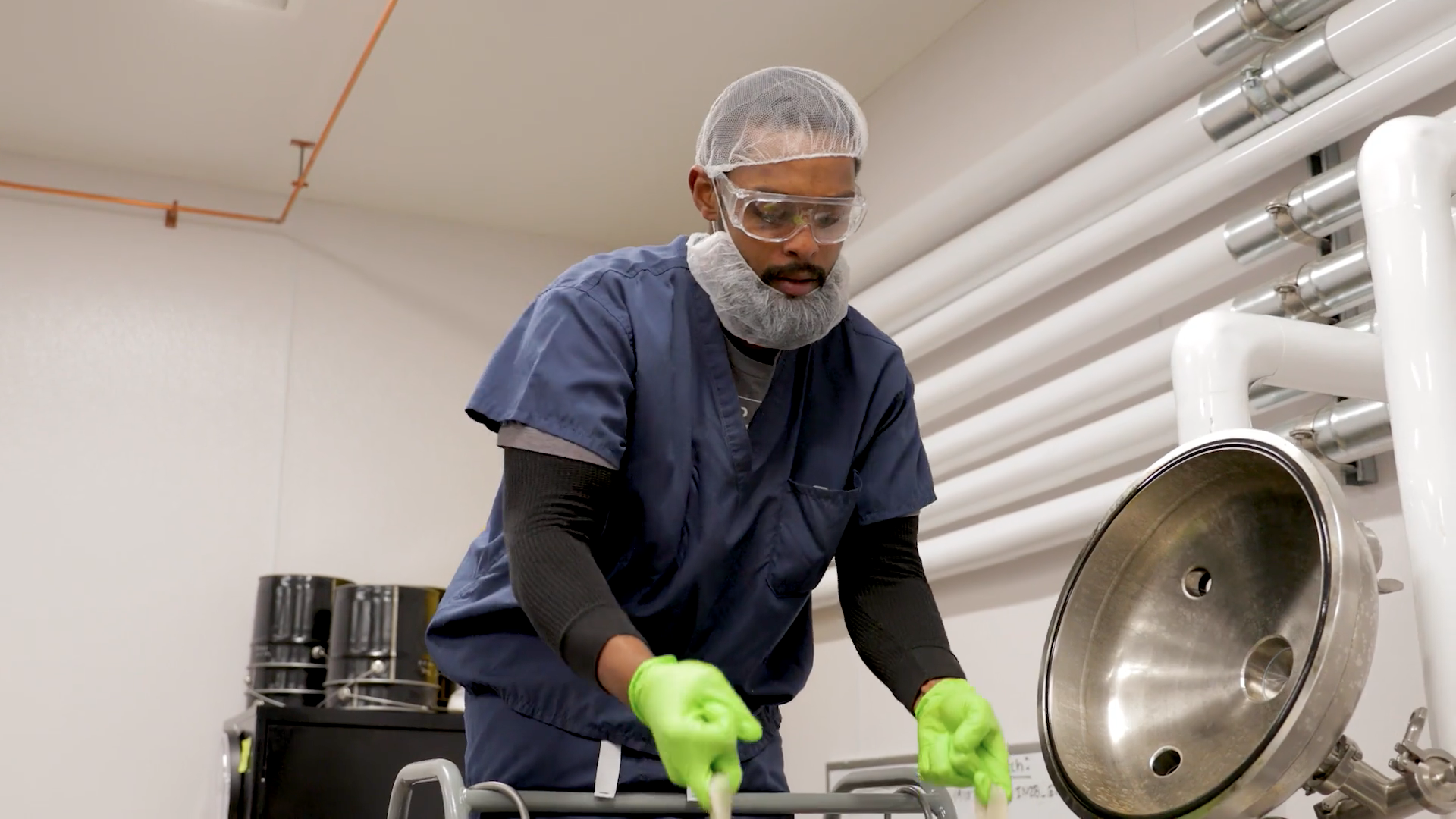
cGMP for CBD?
The FDA does not currently recognize CBD as a viable dietary supplement or food additive. As such, there are no particular cGMP standards for CBD products. However, the FDA does recognize and regulate supplements and foods made with parts of hemp plants that have trace amounts of CBD. These products must comply with dietary supplement cGMPs.
The FDA has stated that it recognizes, “significant public interest in [CBD] products,” and is in the process of collecting information to build a more informed set of CBD policies and regulations. The FDA approves of and now regulates a CBD-based drug for the treatment of epilepsy. However, because the FDA has not yet recognized CBD as a viable dietary supplement or food additive, it cannot regulate CBD manufacturing processes.
Does CBD Need to be Regulated?
The problem with the FDA’s current stance is that CBD is already a massive industry. The global CBD market is valued around $2 billion in 2018 and could reach up to 20 billion by the end of 2024. When markets outpace regulations in such dramatic fashion, serious problems ensue.
Some CBD suppliers have taken advantage of the lax climate. A 2017 study showed that many of the products sold online do not actually contain the amount of CBD advertised. Further, the FDA has expressed specific concern over the manufacturing of these products, writing:
“the quality of many CBD products may also be in question. The FDA (is) concerned that a lack of appropriate processing controls and practices can put consumers at additional risks. For example, the agency has tested the chemical content of cannabinoid compounds in some of the products, and many were found to not contain the levels of CBD they claimed. We are also investigating reports of CBD potentially containing unsafe levels of contaminants (e.g., pesticides, heavy metals, THC).”
Concerns over inappropriate manufacturing practices that may put consumers at risk are exactly why cGMP standards exist. Unfortunately, they have yet to be uniformly applied to the industry that may need the most.
How Can CBD Suppliers Self Regulate?
It seems likely that at some point the FDA will step in to regulate CBD manufacturing. Until that happens, it will be up to CBD suppliers to look out for end-consumers and uphold the integrity of the industry.
cGMPs are a great way for CBD manufacturers to self-regulate because they focus more on manufacturing processes than ingredients. So even though CBD is unregulated, CBD suppliers can impose de facto regulations on their products by crafting them in cGMP compliant facilities.
How Does A Facility Become cGMP Compliant?
In order to obtain cGMP certification, facilities must pass an audit from a Qualified Person and have detailed records to prove their compliance with set standards. Auditors will assess a facility’s cGMP compliance in many different ways. The 7 key categories that will be assessed are:
- General Controls
- Design Control
- Facility Control
- Equipment Control
- Material/Component Control
- Operational Control
- Finished Product Control
Within each of those categories, there are several sub-categories. For example, under the category of General Controls, auditors are expected to asses:
- Organizational and Management Responsibilities
- Employee Orientation, Quality Awareness, and Job Training
- Plant Safety and Security
- Internal Quality
- Quality Cost Program
Each of these subcategories has several more points. For example, under the subheading of Employee Orientation, Quality Awareness, and Job Training there are 11 more granular categories that auditors must use to assess a facilities compliance.
If a facility is deemed compliant it may receive a cGMP certification. The entire cGMP criterion is very long and thorough. There is no need to describe every point and subpoint. However, consumers and retailers should be confident that CBD produced in a cGMP compliant facility is of the highest quality.
Beyond establishing a sense of exterior credibility, the cGMP auditing process also has several benefits for a manufacturer’s internal operations. For example, the emphasis on employee training and orientation will improve the safety and efficiency of a cGMP compliant facility.
How Do I Know If My CBD is Made in a cGMP Compliant Facility?
More CBD suppliers are beginning to achieve cGMP compliance. It can take a manufacturer more than a year to pass cGMP audits, so you can feel comfortable that any cGMP certified supplier has been following good practices for some time. Most cGMP certified companies will happily advertise their certification. If you have questions over the practices behind your products, don’t be afraid to ask.
Some companies may adhere to cGMP guidelines without actually having cGMP certification as they are preparing themselves for a future audit. You may see their products marketed as cGMP “compliant” rather than certified. This is similar to many farmers who may practice organic methods without having a USDA organic seal. However, buyers should preference cGMP certified products whenever possible. The cGMP seal helps testify to the quality of a product, and further helps turn that quality into a marketable asset.
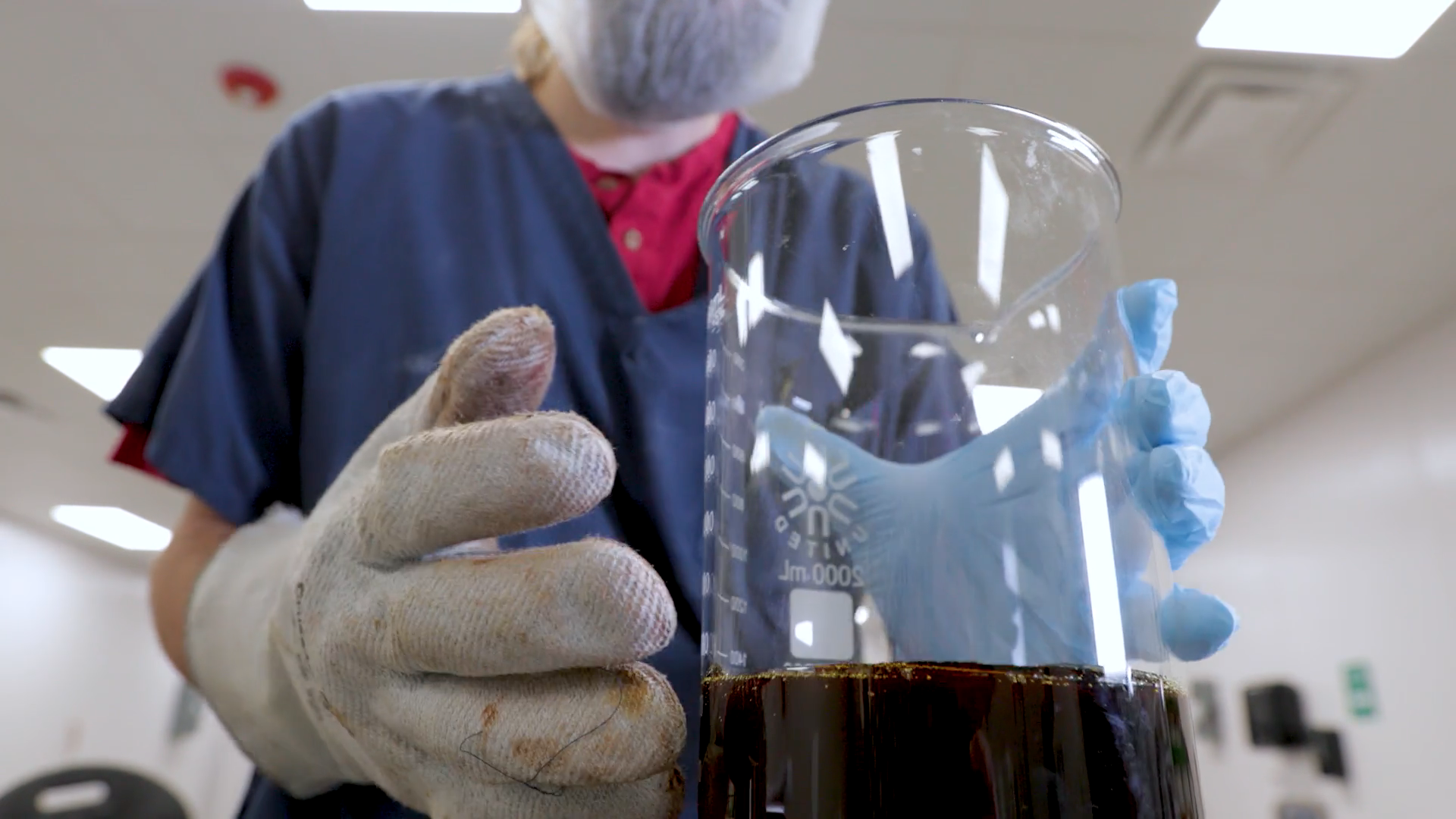
Who Does cGMP Benefit? Manufacturers, Retailers, or Consumers?
cGMP certifications benefit the entire supply chain by increasing the quality of CBD products.
cGMP compliant manufacturers enjoy increased efficiency. Educated workers, regulated practices, and effective machinery will lead to consistent and high-quality output. Further, having the cGMP seal of approval helps manufacturers sell to retailers.
Retailers should feel good about buying from cGMP certified suppliers. Retailers, especially in the CBD industry, need to be certain that the ingredients that go into the product formulations they are selling are made with quality ingredients and have accurate labeling.
Finally, consumers should look for products formulated with ingredients from cGMP certified facilities. The concerns over CBD products being inaccurately labeled or formulated with unsafe contaminants are valid. However, when you buy a product manufactured in a cGMP certified facility, you can be confident that it was made in compliance with rigorous safety standards.

